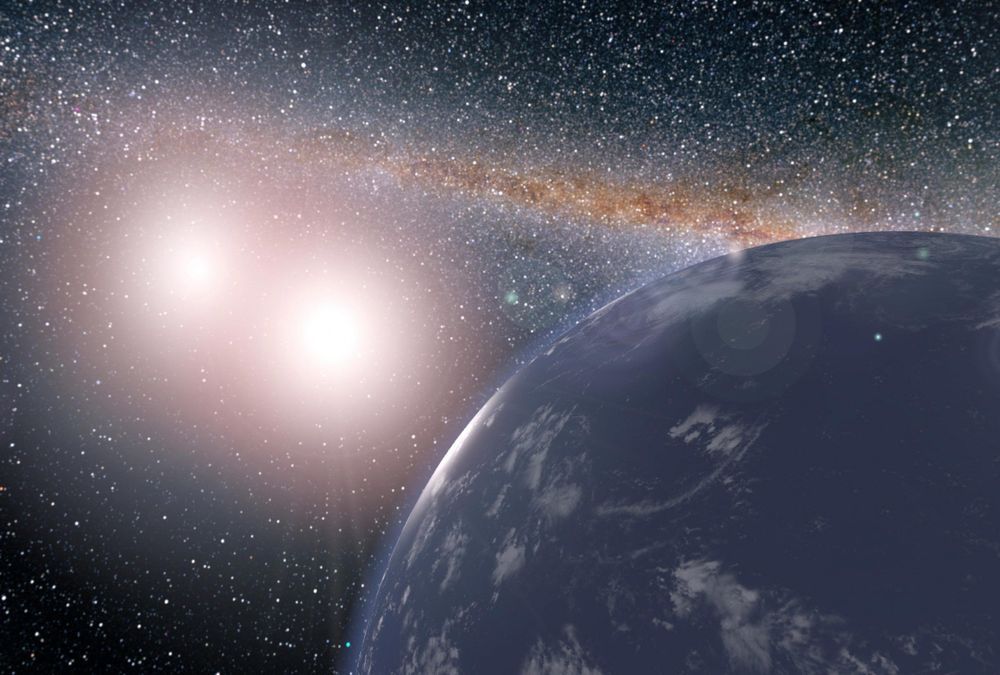A team of researchers simulated conditions on water-rich exoplanets in the laboratory and learned something surprising about their geological composition.
Out beyond our solar system, visible only as the smallest dot in space with even the most powerful telescopes, other worlds exist. Many of these worlds, astronomers have discovered, may be much larger than Earth and completely covered in water — basically ocean planets with no protruding land masses. What kind of life could develop on such a world? Could a habitat like this even support life?
A team of researchers led by Arizona State University (ASU) recently set out to investigate those questions. And since they couldn’t travel to distant exoplanets to take samples, they decided to recreate the conditions of those water worlds in the laboratory. In this case, that laboratory was the Advanced Photon Source (APS), a U.S. Department of Energy (DOE) Office of Science User Facility at the DOEs Argonne National Laboratory.
